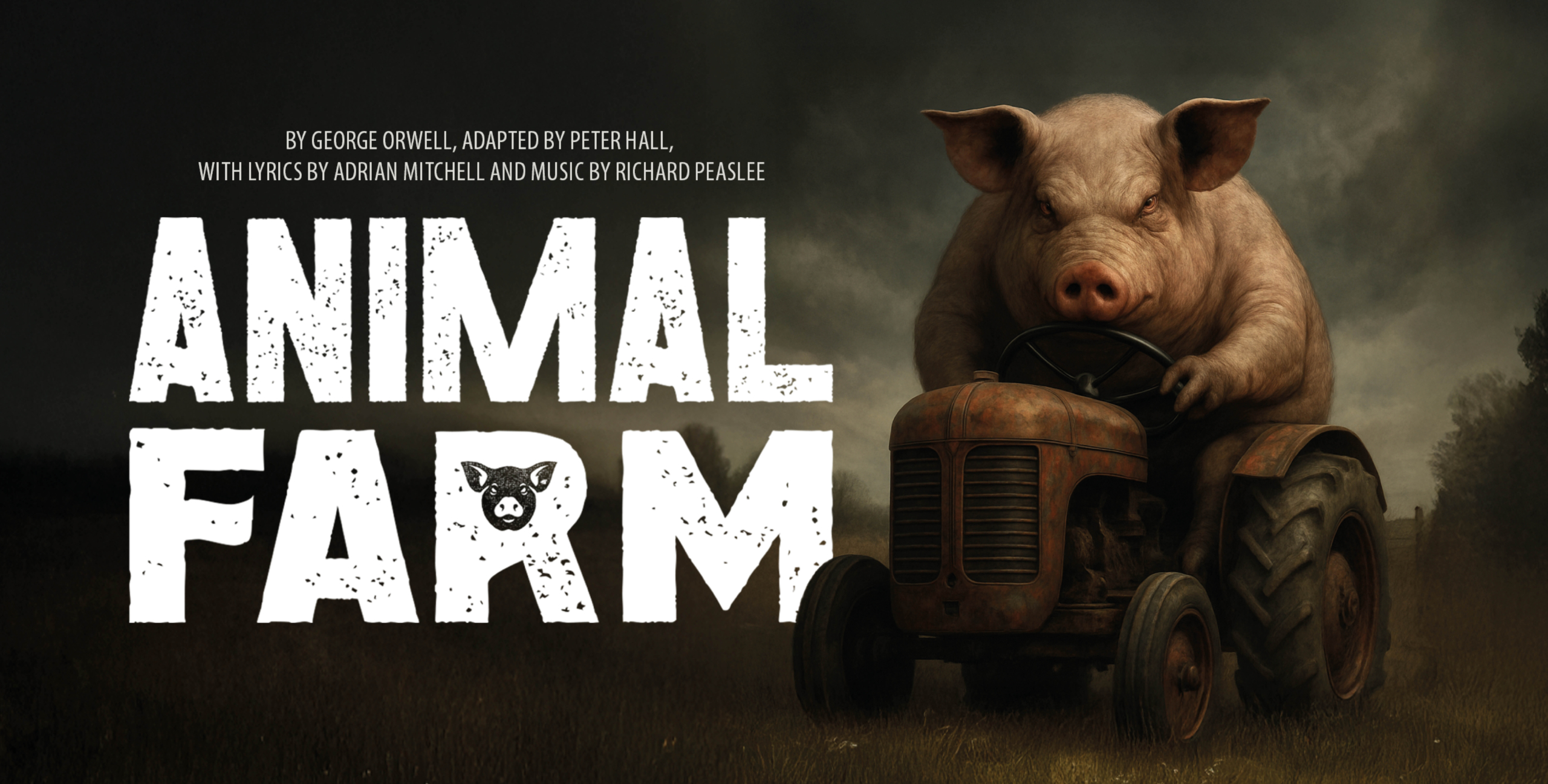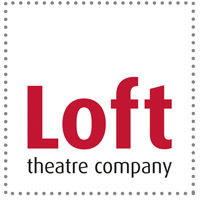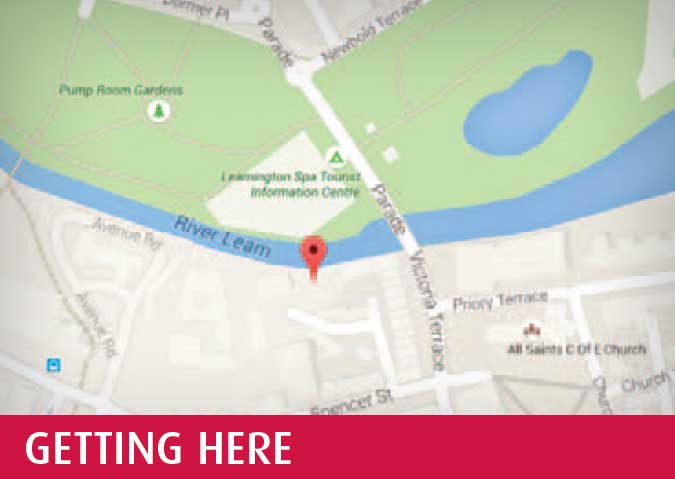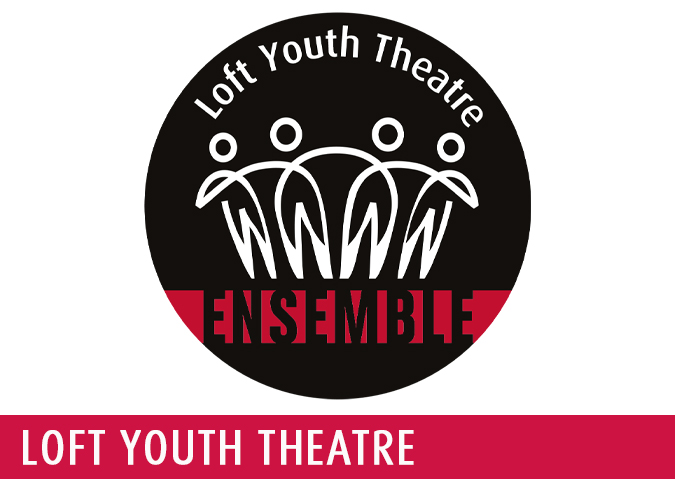READING AND AUDITION NOTICE FOR ‘ANIMAL FARM’

ANIMAL FARM
By George Orwell, adapted by Peter Hall
DIRECTOR: Mark Crossley
PERFORMANCE DATES 21 JAN – 31 JAN 2026
Rehearsals: Rehearsals will start around mid-November with a break across the Christmas and New Year holidays.
There will be a reading of the play on 22 July, so that those interested can hear the text come off the page and get to know the play and then make a judgement about whether they wish to go forward to the audition on 27 July.
READING: Tuesday, 22 July at 7.30 p.m. at the theatre
AUDITION: Sunday 27 July at 2.00 p.m. at the theatre
THE PLAY
Manor Farm is run by the cruel Mr. Jones, with little care for his animals suffering. Unrest and rebellion are stirring amongst the pigs and sheep, horses and cattle. No longer can they tolerate the injustice. Inspired by the speeches of Old Major and the leadership of Snowball, the animals rise up and take control of the farm and their destiny.
So begins the story of George Orwell’s world-famous 1945 novel Animal Farm, and likewise this theatrical adaptation by Peter Hall, originally staged in 1984 at the National Theatre. Ever since its publication, the story has bristled with political parallels, most notably Orwell’s withering view on how Communism corrupted itself, with the revolutionaries (the pigs) degenerating into the very autocratic regime (the farmers) which they had sought to overthrow. Within Animal Farm, the tyrannical pig Napoleon is seen as an avatar for Stalin and the farmers as the Tzarist monarchy that preceded Communism/Animalism.
To some degree, this analogy sustains, but in this third decade of the 21st century, there are profound new resonances to be found. Firstly, in the wave of far-right autocrats, who profess to speak for the people, galvanizing their nations by what should be ‘feared’ beyond their borders. Secondly, in a growing awareness of our relationship to and stewardship of the natural and domesticated world and the injustices we may be inflicting upon it to sustain our consumerist lifestyles.
This adaptation of the text is physical and dynamic, using songs throughout to tell this ‘deceptively simple’ tale that speaks afresh to each new generation.
THE CHARACTERS
Napoleon – the dictatorial pig who seizes power on Animal Farm
Snowball – the idealistic and brave pig who is a comrade of, but then overthrown by Napoleon
Boxer – the faithful workhorse who continually upholds the maxims of Animalism, right to the death
Old Major – the ideological ‘father’ pig of the revolution
Minimus – a pig propagandist, writing poems and songs in honour of the revolution
Muriel – an educated goat, who can read the principles of Animalism, and notice when they begin to be corrupted
Squealer – a pig who is the mouthpiece of Napoleon and the inner council of pigs, rewriting ‘fake news’ to justify every new decision
Clover – a stalwart mare, empathetic and supportive of the revolution until she sees its impact on Boxer and the other animals
Moses – a raven, who religiously espouses a better, yet mystical world for all the animals, which is forever out of reach
Mollie – a naive young mare who was well treated by Mr. Jones, so is still seduced by the world of the humans, even after the revolution
Benjamin – a world weary and skeptical old donkey who can read the principles of Animalism but is yet to be convinced by them
Narrator ‘The Boy’ – the story is told by a ‘boy’ character and this may be a single role, or we may split it into a choral responsibility
Mr. Jones – the original owner of Manor Farm who is chased off the land, only to return with violent and devious intent
Mr. Pilkington – a local farmer, friend and fellow schemer of Mr. Jones
The play is also populated by many other animals and farmers with small speaking roles but major stage presence throughout. The named roles above will be multi-roled with these smaller parts, which include:
Cows
Sheep
Hens
Pigs
Napoleons attack dogs
A cat
Mr. Whymper
Note on characterisation and actor skills – the ages and physical appearance of all these characters are very flexible as it is not a naturalistic representation of humans or animals. The production will focus on physical theatre and robust heartfelt singing, utilizing and celebrating the physical characteristics and vocal skills that each actor brings with them. Any actors who play a musical instrument are also encouraged to audition as we can make use of these skills in the production.
AUDITION GUIDELINES
For the audition you will be asked to perform different parts of the text with other auditionees. Text will be provided on the day and you will be given time to read through and prepare.
Do try to arrive on time so that you don’t miss lots of useful information about the play and being part of the production. The reading and the audition will be held at the theatre. Please come to the Stage Door at the rear of the theatre in Spencer’s Yard. There is access through the gate to the left of The Fold on Spencer Street. A Loft sign on the gate indicates the direction into the yard. The Fold is the large white building with pillars. Head in the direction of the red arrow across Spencer’s Yard to the Stage Door in the corner. The words ‘Stage Door’ are painted on the wall.

To register interest, or if you are interested but can’t make the dates,or for any more information, please get in touch with the director, Mark Crossley at markcrossley@lofttheatrecompany.com or the Artistic Director,Sue Moore at suemoore@lofttheatrecompany.com








